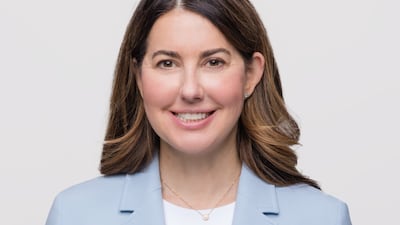Medical device venture capitalists investing in start-ups today have come to ask themselves how they might do a better job of creating device companies. Can costs be cut? How can clinical testing be advanced before venture capital is necessary? And, perhaps most important, is there anyone else who can help pay for all of this? No doubt, starting new companies effectively is worth the worry. But an equally pressing concern has arisen about portfolios companies founded at a time when the bar for regulatory approval wasn’t as high, the chances of securing reimbursement from insurers weren’t so low, and capital was far more abundant. The portfolios of device VCs are populated by once promising start-ups caught in a no-man’s-land between clinical optimism and commercial acceptance. EndoGastric Solutions Inc. (EGS) finds itself stuck in such a space: a mature medical device company with $140 million in venture backing still struggling to reach the finish line.
The world is different today than it was when investors first backed EGS in 2003. At that time, the principal...







